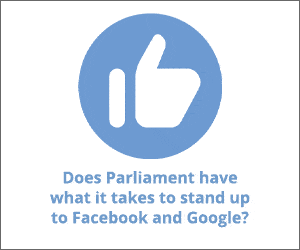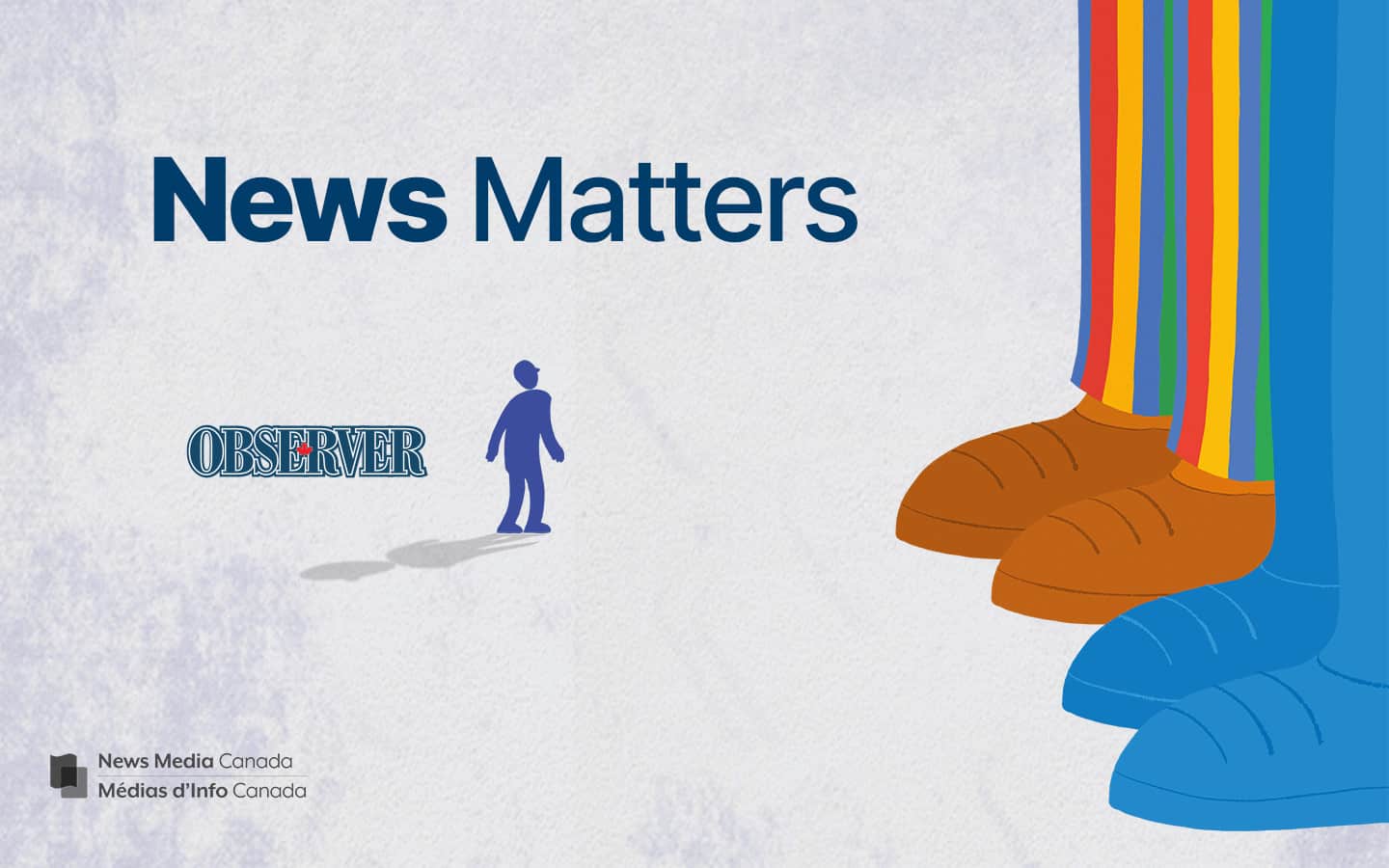The violent insurrection at the US Capitol on January 6th was a wakeup call.
We saw the real-world culmination of decades of unchecked hatred and lies flooding the internet: a mob, whipped into a frenzy of destruction, not by a sudden, single event, but by years of slow-boil online conspiracy theories, disinformation and radicalization.
Belatedly, governments – including our own here in Canada – are starting to take action. They are recognizing the toxins being released and circulated online, and vowing to take strong, effective action to curb them.
But the active online propagation of hate and lies is only the most visible part of the problem. It’s not the underlying cause.
Timothy Snyder of Yale is one of the world’s preeminent historians of the totalitarian regimes of Hitler and Stalin. In the reflecting on the Capitol insurgency, he observed:
Truth defends itself particularly poorly when there is not very much of it around, and the era of Trump — like the era of Vladimir Putin in Russia — is one of the decline of local news. Social media is no substitute: It supercharges the mental habits by which we seek emotional stimulation and comfort, which means losing the distinction between what feels true and what actually is true.
Snyder believes the decline in local news led directly and inexorably to the violence on Capitol Hill, and that it can be a precursor to much, much worse. For, as he puts it, “post-truth is pre-fascism”.
How serious is the threat to local news? According to the University of North Carolina’s Hussman School of Journalism and Media, from 2005 to 2020, more than a quarter of all local newspapers in the US have shut down, creating vast “news deserts” throughout the country. And according to their annual report for 2020, the coronavirus has only accelerated the trend.
A recent US Senate report didn’t mince words when it came to the reasons for the death of local newspapers: the abuse of power by the online monopolies Google and Facebook – the twin global goliaths of the digital world.

The report, entitled Local Journalism: America’s Most Trusted News Sources Threatened, said:
These trillion-dollar companies (Google and Facebook) scrape local news content and data for their own sites and leverage their market dominance to force local news to accept little to no compensation for their intellectual property. At the same time, the marketplace for online advertising is now dominated by programmatic ads, with digital advertising services claiming half of every ad dollar, further diverting funds away from local journalism.
These same forces are at play in countries around the world, undermining democracy and destabilizing societies. Canada is no exception. With Google and Facebook now gobbling up some 80% of online advertising revenues in this country, local newspapers from coast-to-coast are being robbed of the vital sources of income they need to operate. If this continues, news deserts will spread in this country too, with all the bitter, destructive consequences that go with them.
It doesn’t need to be this way. Other countries are taking determined action to hold the Google/Facebook monopoly in check and to enable local media to compete fairly. In Australia, all parties in Parliament have come together in support of a comprehensive solution that requires Google and Facebook to negotiate fair terms with the country’s news sector, and backs up a code of conduct with enforcement teeth. And the Australian solution does not require new government funding or user fees or taxes. All it does is give local news a fair and real chance to compete online.
The publishers of the daily, regional, community, and ethnocultural news publications that account for more than 90% of news media readership in Canada have come together to urge Canada’s Parliament to adopt the Australian solution. It’s the key recommendation of the report we released last Fall: Levelling the Digital Playing Field.
All it takes is the courage and commitment of our elected Members of Parliament here in Canada. Standing up to two of the wealthiest and most powerful corporations is not for the feint of heart. Google and Facebook have bottomless resources and the best, most influential lobbyists around the world that money can buy. They play hardball and threaten and wheedle their way to get what they want. That’s what they did in Australia. But Australian MPs pushed back. We should expect no less from our own elected representatives.
The stakes couldn’t be higher. Just look at the images from the riot at the US Capitol to remember why.








